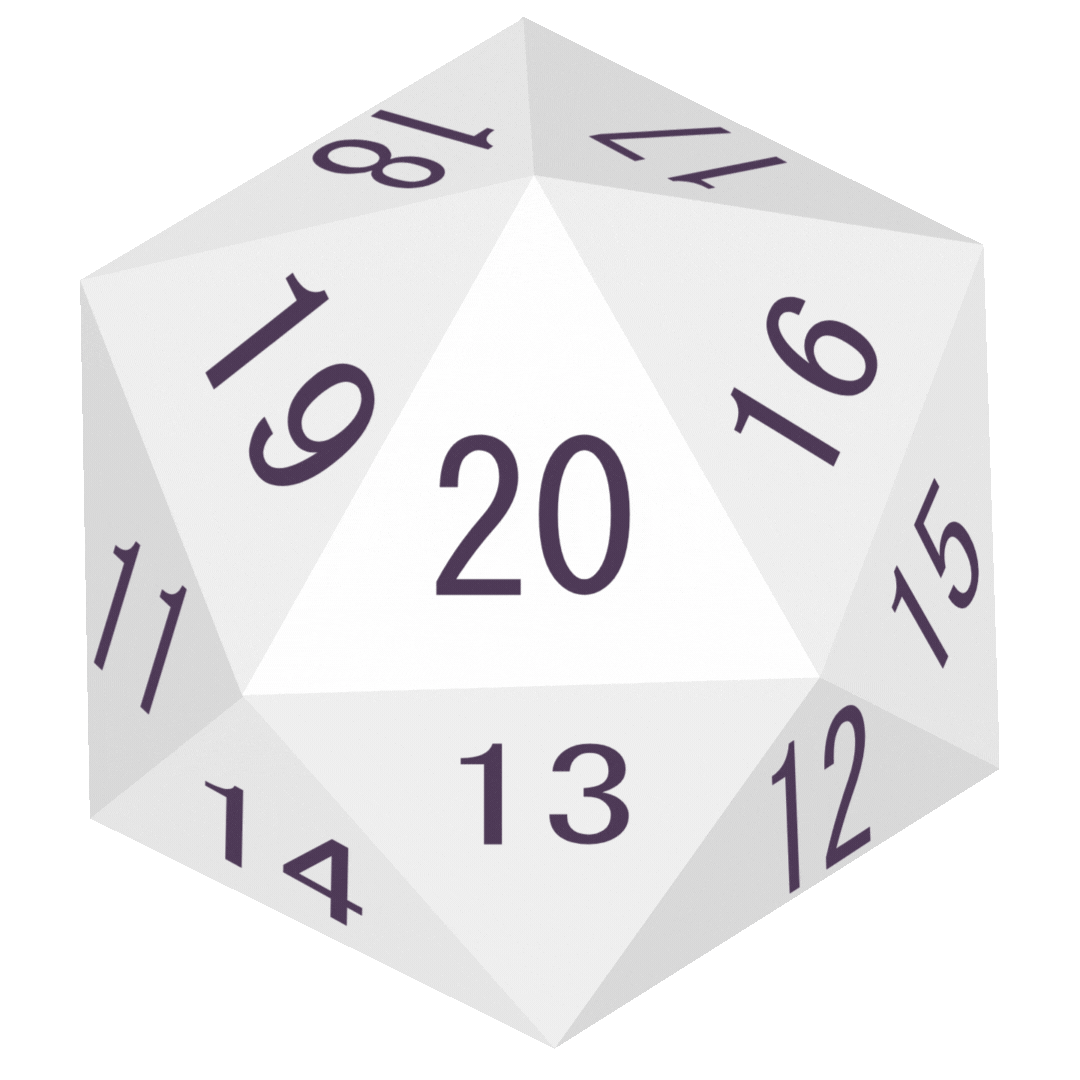
ABOUT ROS
Empowering individuals across WA to reclaim independence, define their own recovery, and live with choice, dignity, and support.


RECOVERY WITH PURPOSE
Recovery Oriented Services (ROS) is a fully independent, Western Australia-owned company offering leading NDIS support coordination, recovery coaching, and related services across Perth's metropolitan and regional areas.
At ROS, we focus on building capacity through skill development and collaborative work with therapists and service providers to achieve the best possible outcomes for our clients. By employing a person-centered approach, we strive to understand each individual's unique needs, helping them define what recovery and ability mean to them, achieve their goals, and maintain choice and control throughout their journey.
Our team is led by Ben, a qualified psychologist with over 14 years of experience in the disability sector and extensive personal and professional involvement in Western Australia's mental health sector.
We offer a range of services, including psychosocial recovery coaching, support coordination, counselLing support (individual and group), employment coaching, specialist support work, public transport training, and group events. Our services are available face-to-face in North Metro, North East Metro, Central North, South Metro, and South East Metro regions, with telehealth options available for regional clients.
At ROS, we value passion, dedication, advocacy, and recovery, aiming to empower individuals to realise their potential and progress on their recovery journey

WHY CHOOSE ROS?
Firstly, our values are different. The entire organization is run from the person-centered approach to find a holistic balanced life for our clients. We want to help you the way you want to be helped to achieve your dreams and goals. Its not about ticking boxes for us. Its about making progress along your journey. We want you not to see it written in paper but to feel it in your core.

